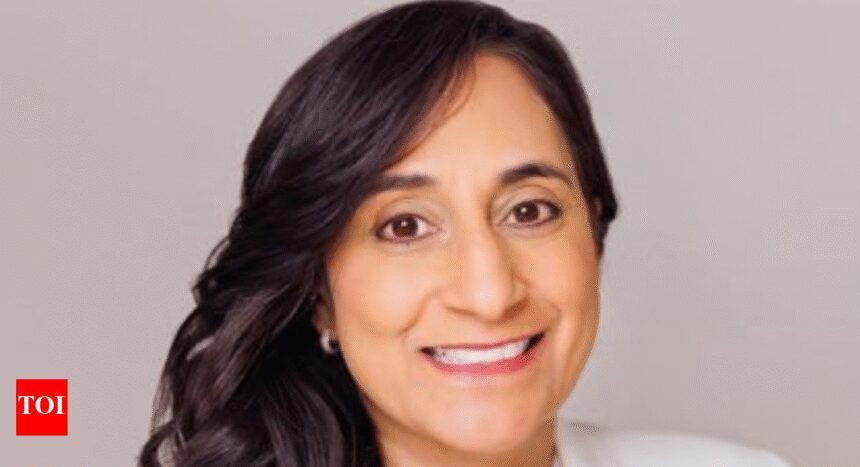New Delhi: Following Prime Minister Narendra Modi’s meeting with Canadian counterpart Mark Carney in June of this year, India and Canada appear poised for a significant step toward normalizing bilateral relations, with a likely visit by Canadian Foreign Minister Anita Anand scheduled for next month in New Delhi.
This marks the first bilateral visit by a foreign minister from either nation since diplomatic ties deteriorated in 2023. The strain followed accusations from Carney’s predecessor, Justin Trudeau, alleging Indian government involvement in the killing of Khalistan separatist Hardeep Singh Nijjar on Canadian soil. Both nations are currently in talks to finalize the dates for Anand’s visit in October.
The Modi-Carney meeting on the sidelines of the G7 summit in Canada has led to the reinstatement of high commissioners in each other’s capitals earlier this month. Additionally, high-level bilateral interactions have resumed, with Canadian National Security and Intelligence Adviser Nathalie Drouin and Deputy Foreign Minister David Morrison visiting India in September.
India and Canada have appointed veteran diplomats—Dinesh Patnaik and Christopher Cooter, respectively—as high commissioners. According to Anand, Canada supports a step-by-step approach to enhancing diplomatic engagement and advancing bilateral cooperation with India. India is advocating for a constructive and balanced partnership founded on mutual respect for each other’s concerns and sensitivities.
In discussions last week, India’s foreign ministry and Global Affairs Canada reaffirmed the significance of the India-Canada relationship, rooted in shared democratic values, respect for the rule of law, and commitment to principles of sovereignty and territorial integrity. They agreed to resume bilateral dialogue across key areas including trade, defense, energy, civil nuclear initiatives, security, law enforcement, and critical minerals.
Amid global uncertainties exacerbated by U.S. tariff policies, both nations express a keen interest in expanding their economic partnership and fostering people-to-people connections. Notably, India and Canada have also reached an agreement to address the diplomatic staffing shortages at their respective missions, which arose following the expulsion of diplomats amid rising tensions surrounding Nijjar’s murder. This address is essential for restoring diplomatic services for ordinary citizens, students, and businesses.
During Drouin’s meeting with Indian counterpart Ajit Doval, both sides recognized the “clear momentum” for rebuilding trust and further cooperation at the highest levels of political leadership.










